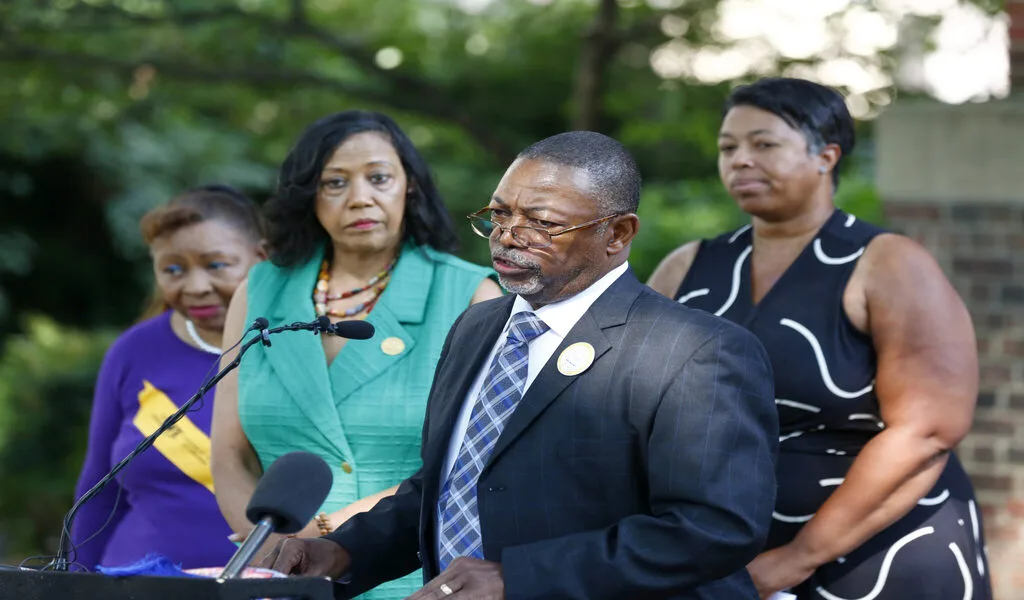News
US Appeals Court Restricts Private Lawsuits in Landmark Voting Rights Decision

(CTN News) – On Monday, a federal appeals court determined that the Voting Rights Act, a historic civil rights statute that forbade racial discrimination in voting, could only be invoked by the United States government in legal proceedings. This decision would severely limit the ability of private parties to challenge redistricting, voting regulations, and ballot access.
The decision is likely to be challenged and may pave the way for the next voting rights case to be heard by the United States Supreme Court.
Voting Rights Battle Escalates: Decision Likely to be Appealed to U.S. Appeals Court
Private entities file the great majority of cases brought under the Voting Rights Act. For example, a collection of civil rights organizations initially brought the suit that led to the Supreme Court’s decision to invalidate Alabama’s congressional map earlier this year.
According to Monday’s decision, the authority to initiate litigation under section 2 of the Voting Rights Act is reserved exclusively for the United States attorney general.
This decision was previously upheld by federal judge Lee Rudofsky of Arkansas, who was nominated by former Republican president Donald Trump, in 2022. Racially biased voting rules are forbidden by that provision.
The 8th Circuit Court of Appeals ruled 2-1 that the Voting Rights Act does not establish a “private right of action,” despite the fact that the Supreme Court and lower courts had dealt with similar situations for many years.
Circuit Judge David Stras, who wrote for the majority, stated that “deciding that a private right of action exists” is distinct from “assuming their existence” or even “discussing” them. Along with Stras, who was appointed by Trump, Circuit Judge Raymond Gruender was also present; he was nominated by former Republican President George W. Bush.
Chief Justice Lavenski Smith, who was also appointed by Bush, dissenting in the opinion stated that he would have adhered to previous precedents unless instructed differently by Congress or the Supreme Court.
In a statement, plaintiff’s attorney Sophia Lin Lakin—who also serves as director of the ACLU’s voting rights project—called the verdict a “travesty for democracy.” Claiming to be weighing their legal options, the plaintiffs made their case public.





























